Gaspar de Guzmán y Pimentel, better known as the Count-Duke of Olivares, was a 17th-century Spanish politician. He was born in Rome on January 16, 1587. His father was Spanish ambassador at the papal court. He interrupted his law studies when he was 17, accompanying his father on official engagements and attending the Spanish royal court for the first time. In 1615, King of Spain Philip III of Habsburg charged him with assisting the Crown Prince, Philip IV. When the Prince became King, Olivares was nominated valido, an informal post that allowed him to make decisions concerning every aspect of Spanish political life. Two years later, he became Prime Minister, a position he would hold for almost twenty years.
The kingdom was in trouble. Spain possessed vast, far-flung territories [for graphics: show a map displaying the Spanish Kingdom’s territories] that were difficult to manage both politically and economically. Spain’s prolonged engagement in the Thirty Years’ War, a conflict between Catholic and Protestant kingdoms, drained the country’s coffers even further. In 1624 Olivares wrote the Gran Memorial, a document outlining his plans to reinforce the monarchy, unite the country and restrict the power of local states. He waged an all-out battle against corruption, abolishing many privileges enjoyed by the nobility and putting numerous aristocrats on trial. He enacted far-reaching reforms in the fiscal system, creating more rigorous taxation. At the same time he began unifying the military, requiring every individual province to supply the Kingdom with a number of soldiers in proportion to its population. At first Olivares’s reforms had a positive effect, helping improve the country’s finances. Spain also won important victories in the Thirty Years’ War, especially in the North of Italy. Unlike many of his contemporaries, Olivares did not exploit his position for personal gain. He was an important patron of the arts, financing artists like Rubens and Velázquez, who created several portraits for him.
But Olivares’s commitment to centralizing power clashed with the will of the aristocracy, who feared for their own position. Protests initiated by noblemen often developed into true insurrections that Olivares found harder and harder to control. Spain’s lack of progress in the Thirty Years’ War after France joined the fray combined with the Kingdom of Portugal’s independence heralded a new economic crisis. The aristocrats pressured the King to remove Olivares. In 1643 Philip IV was forced to give in to their will. The Count-Duke retired to the Spanish town of Toro, where he died on July 22, 1645. He was 58.
The kingdom was in trouble. Spain possessed vast, far-flung territories [for graphics: show a map displaying the Spanish Kingdom’s territories] that were difficult to manage both politically and economically. Spain’s prolonged engagement in the Thirty Years’ War, a conflict between Catholic and Protestant kingdoms, drained the country’s coffers even further. In 1624 Olivares wrote the Gran Memorial, a document outlining his plans to reinforce the monarchy, unite the country and restrict the power of local states. He waged an all-out battle against corruption, abolishing many privileges enjoyed by the nobility and putting numerous aristocrats on trial. He enacted far-reaching reforms in the fiscal system, creating more rigorous taxation. At the same time he began unifying the military, requiring every individual province to supply the Kingdom with a number of soldiers in proportion to its population. At first Olivares’s reforms had a positive effect, helping improve the country’s finances. Spain also won important victories in the Thirty Years’ War, especially in the North of Italy. Unlike many of his contemporaries, Olivares did not exploit his position for personal gain. He was an important patron of the arts, financing artists like Rubens and Velázquez, who created several portraits for him.
But Olivares’s commitment to centralizing power clashed with the will of the aristocracy, who feared for their own position. Protests initiated by noblemen often developed into true insurrections that Olivares found harder and harder to control. Spain’s lack of progress in the Thirty Years’ War after France joined the fray combined with the Kingdom of Portugal’s independence heralded a new economic crisis. The aristocrats pressured the King to remove Olivares. In 1643 Philip IV was forced to give in to their will. The Count-Duke retired to the Spanish town of Toro, where he died on July 22, 1645. He was 58.
RELATED
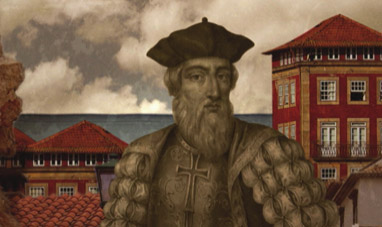

VASCO DA GAMA


KIM PHILBY
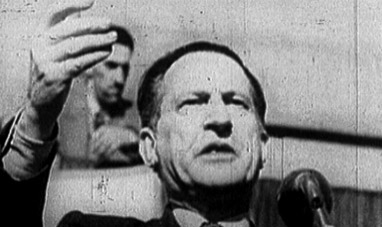

ALCIDE DE GASPERI
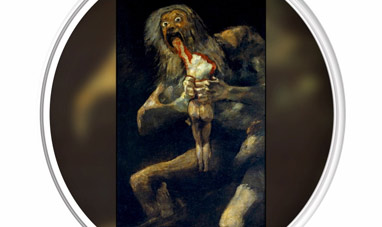

SATURN DEVOURING HIS SON
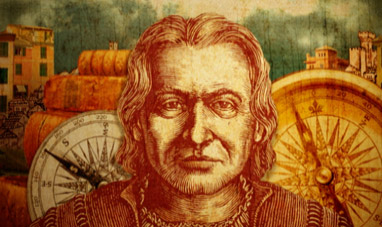

COLUMBUS, CHRISTOPHER


LEANDRO ARAGONCILLO
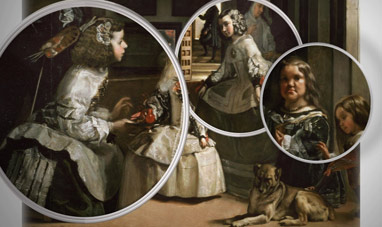

LAS MENINAS
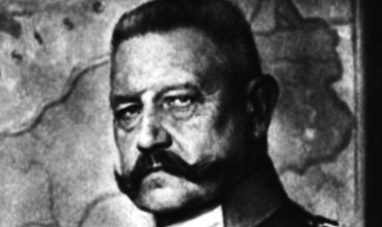

PAUL VON HINDENBURG
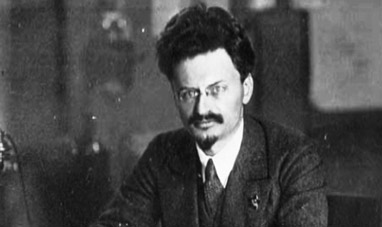

TROTSKY
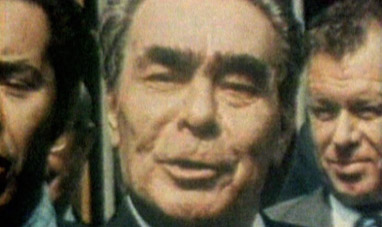

LEONID BREZHNEV
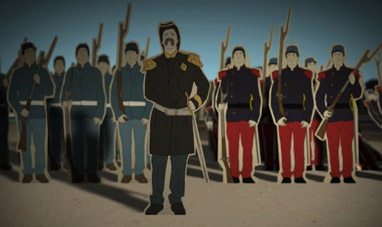

PATRICE DE MAC-MAHON
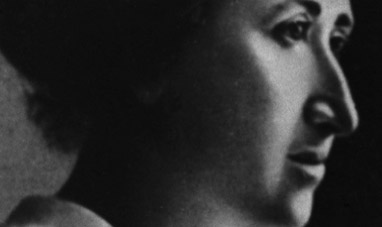

ROSA LUXEMBURG
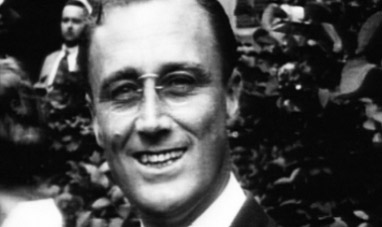

FRANKLIN DELANO ROOSEVELT
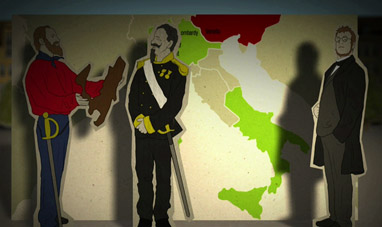

CAMILLO BENSO, COUNT OF CAVOUR
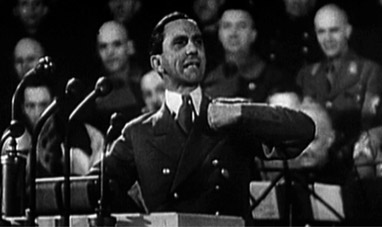

JOSEPH GOEBBELS
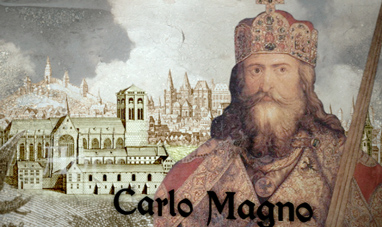

CHARLEMAGNE


JAMES KEIR HARDIE
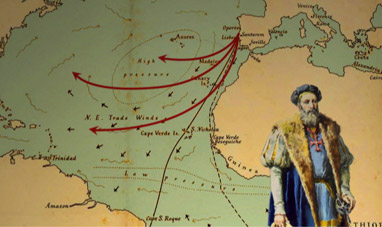

PEDRO ÁLVARES CABRAL
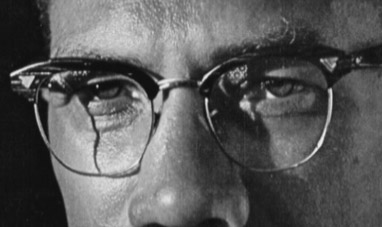

MALCOLM X


ALEXANDER THE GREAT
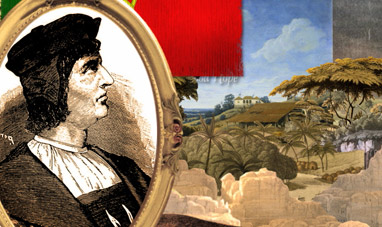

BARTOLOMEU DIAS
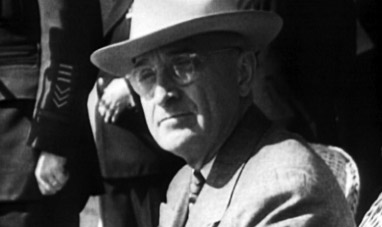

HARRY TRUMAN
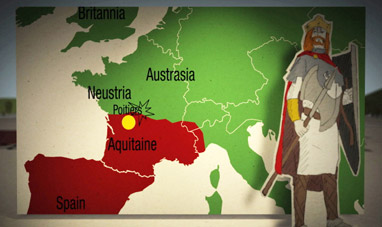

CHARLES MARTEL


JIMMY CARTER
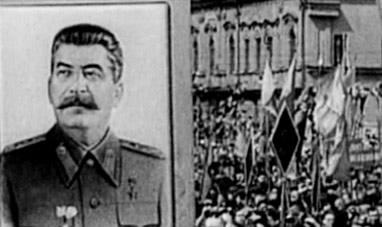

STALIN
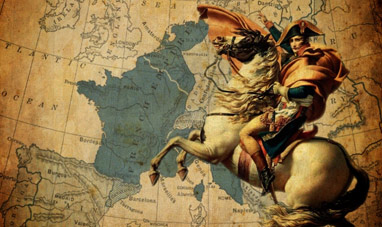

NAPOLEON BONAPARTE
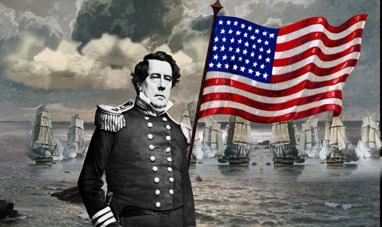

MATTHEW C. PERRY
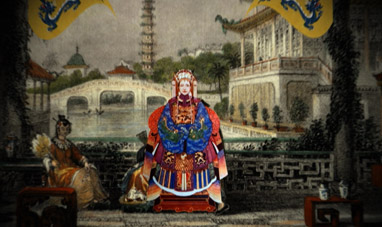

CIXI, DOWAGER EMPRESS OF CHINA
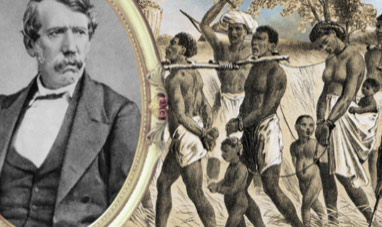

LIVINGSTONE, DAVID
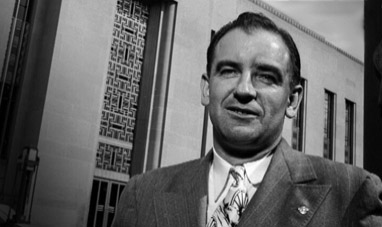

JOSEPH MCCARTHY


RICHARD SORGE
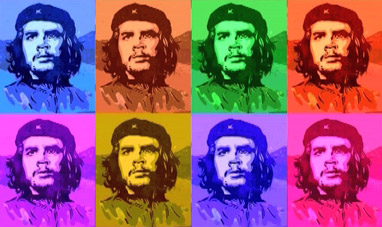

CHE GUEVARA
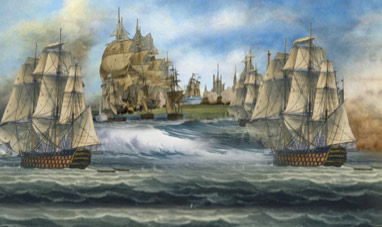

ZHENG HE
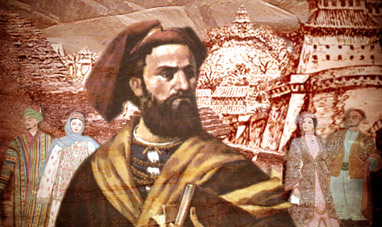

MARCO POLO
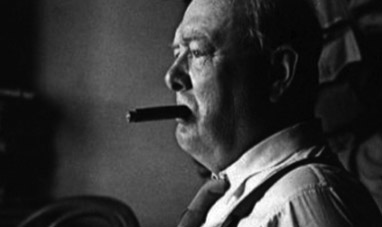

WINSTON CHURCHILL
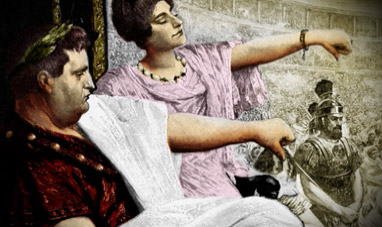

NERO
